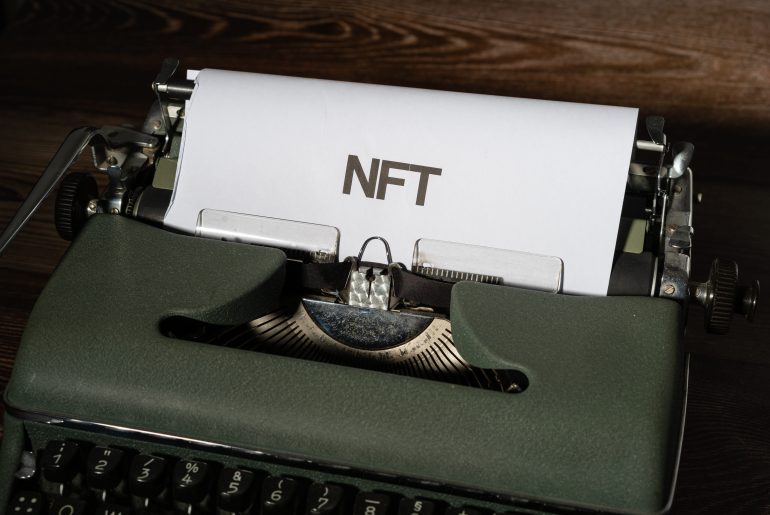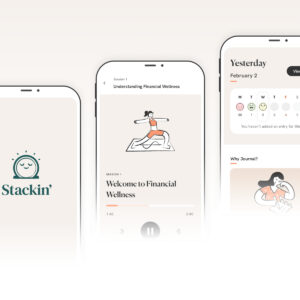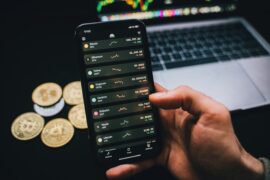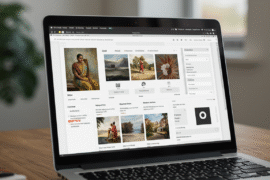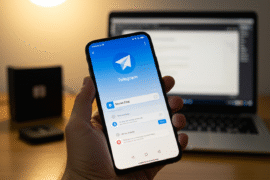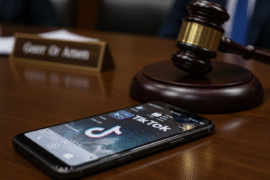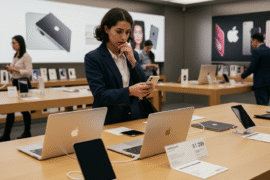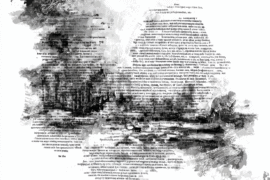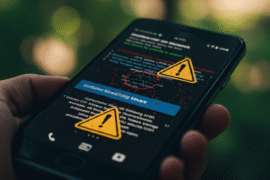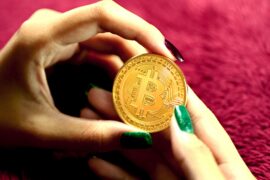This article may contain references to products or services from one or more of our advertisers or partners. We may receive compensation when you click on links to those products or services. Nonetheless, our opinions are our own.

Updated by Albert Fang
Non-Fungible Tokens (NFTs) are one of the most talked about developments of recent years. NFTs are unique digital tokens stored on the blockchain that identify physical assets (such as concert tickets) or digital assets (such as digital artwork). One common explanation for the buzz surrounding NFTs is the opportunity they present to democratize art by creating more opportunities for artists to control the distribution of their work. If you are considering purchasing NFTs, you should do your due diligence to ensure your purchase is not supporting the violation of artists’ intellectual property rights.
The Artistic Landscape Before NFTs
Historically, patronage of the arts – that is, the financial support of artists – was exclusively engaged in by people in positions of great power like kings, queens, and other members of the nobility. Over time, the term “patron of the arts” evolved beyond signifying wealthy individuals to include institutions like museums, galleries, and places of worship. However, even then, a significant power imbalance existed between the patrons and the artists they supported. To maintain positive relationships with their patrons, artists often had to relinquish control over the subject matter and distribution of their work.
Advancements in technology, such as the emergence of social media and the internet, have slightly altered the artistic landscape by allowing artists to more easily share their work with the public. This increased control over the distribution and exposure of their work has enabled artists to source their own patrons.
Unfortunately, the same accessibility that empowers artists to share their work with the public has also allowed infringers – a term used to refer to those that violate the intellectual property rights of others – to distribute and sell artists’ work without their consent.
The term copyright refers to the protection available to authors of original literary, dramatic, musical, or artistic works. Copyright laws provide the owner of a copyright or author of an original creative work a bundle of rights, including the exclusive right to copy, distribute, and sell (for the first time) their copyrighted work. The unauthorized sale, distribution, or copying of a copyright protected work is a violation of the copyright owner’s exclusive rights. As a result of a growing number of copyright violations, artists are being forced to monitor the internet for infringement of their copyright and take legal action against infringers to protect their intellectual property.
How are NFTs Fundamentally Altering the Artistic Landscape?
Since their emergence, NFTs have caused speculation about their potential impact on the artistic landscape. Similar to the internet and social media, NFTs empower artists by giving them more control over the distribution of their work.
However, NFTs provide patrons and artists with at least two additional benefits. First, patrons can verify ownership of the NFT. NFTs are hosted on the blockchain – which is a public ledger. The public nature of the blockchain means that any interested third party can view the chain of transactions associated with an NFT and verify ownership of the NFT. If, for example, you want to purchase an NFT, you would be able to independently verify that the person you are purchasing the NFT from owns the NFT. Your ability to authenticate ownership of the asset can minimize the risk of fraud accompanying the sale of assets on secondary markets.
Second, NFTs allow artists to collect royalties upon resale of their work. An NFT includes a smart contract–a code containing the terms of the contract. Smart contracts can be programmed to deposit a portion of each secondary sale to the artist. For artists, the ability to program royalty payments allows them to continue profiting from the commercialization of their intellectual property.
If you are interested in diversifying your portfolio, investing in NFTs can be quite lucrative. However, it should be noted that by investing in NFTs, you may inadvertently support the violation of intellectual property rights. The reason is that creating (or “minting”) an NFT on a marketplace is relatively straightforward. Marketplaces do not verify that the person listing an NFT is the person who holds the copyright in and to a work, resulting in the unauthorized sale of a token linked to a copyrighted work.
To mitigate the risk that your purchase of an NFT may be contributing to the infringement of someone’s copyright, you should do your due diligence. Reach out to artists to verify the authenticity of the NFT before purchasing it. You can also purchase from auction houses like Christie’s or Sotheby’s that work directly with artists to list their NFTs.

Reviewed and edited by Albert Fang.
See a typo or want to suggest an edit/revision to the content? Use the contact us form to provide feedback.
At FangWallet, we value editorial integrity and open collaboration in curating quality content for readers to enjoy. Much appreciated for the assist.
Did you like our article and find it insightful? We encourage sharing the article link with family and friends to benefit as well - better yet, sharing on social media. Thank you for the support! 🍉
Article Title: Democratizing Art – How NFTs Are Fundamentally Altering the Artistic Landscape?
https://fangwallet.com/2022/08/31/democratizing-art-how-nfts-are-fundamentally-altering-the-artistic-landscape/The FangWallet Promise
FangWallet is an editorially independent resource - founded on breaking down challenging financial concepts for anyone to understand since 2014. While we adhere to editorial integrity, note that this post may contain references to products from our partners.
The FangWallet promise is always to have your best interest in mind and be transparent and honest about the financial picture.
Become an Insider

Subscribe to get a free daily budget planner printable to help get your money on track!
Make passive money the right way. No spam.
Editorial Disclaimer: The editorial content on this page is not provided by any of the companies mentioned. The opinions expressed here are the author's alone.
The content of this website is for informational purposes only and does not represent investment advice, or an offer or solicitation to buy or sell any security, investment, or product. Investors are encouraged to do their own due diligence, and, if necessary, consult professional advising before making any investment decisions. Investing involves a high degree of risk, and financial losses may occur including the potential loss of principal.
Source Citation References:
+ Inspo
